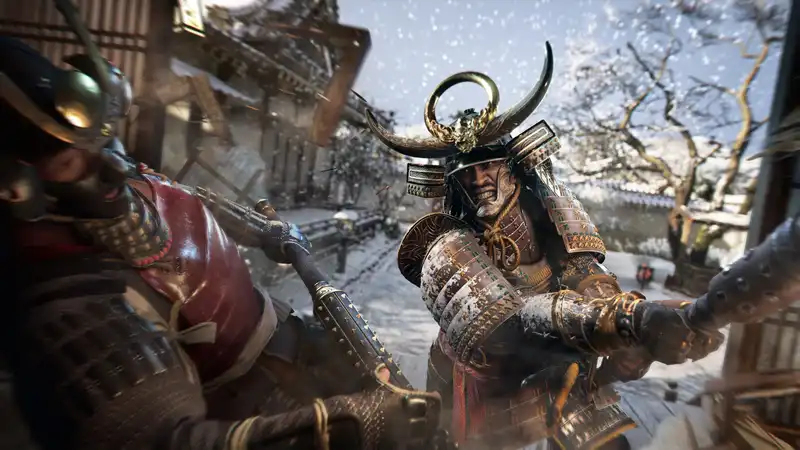The development team for the upcoming Assassin's Creed Shadows, set in feudal Japan, issued a statement Thursday addressed to the “esteemed Japanese community” and responding to “some criticism, including from Japanese players.” The message is purportedly directed at Japanese players, but it only serves to fuel criticism from Western player reactionaries who cry out for the notion that diversity, equity, and inclusion efforts are ruining the game. In this case, the target is Yasuke, a black historical figure who is one of the two playable characters in Shadow.
Ubisoft's message states that even though the Assassin's Creed games are not “factual representations of history or historical figures,” the development team is dedicated to “presenting feudal Japan in an immersive and respectful manner.” (My Italian history is fuzzy, but I don't think the real-life Leonardo da Vinci actually built a flying machine that could send assassins soaring over the rooftops of Venice.)
It goes on to say: “Despite this sustained effort, we acknowledge that there were elements in our promotional materials that caused concern to the Japanese community. For this we deeply apologize. He then noted that Yasuke is portrayed in Kage as a samurai who served Oda Nobunaga, and acknowledged that the historicity of his life “is a matter to be discussed. This message was simultaneously published in Japanese by Ubisoft Japan.
The reactions that unfolded on Tuesday illustrate the confusing nature of the situation with a certain kernel of truth. Many see the letter as Ubisoft “feeding the trolls,” latching on to the complaints received mainly from white Western players and angry YouTube farmers, rather than actual Japanese players. But Ubisoft has already condemned such reactionaries more than once: Marc-Alexis Cote, vice president and executive producer of “Assassin's Creed,” told Gamefile in an interview last month that Elon Musk's reaction to Yasuke's entry ("DEI is kill the art") was simply ‘hate bait,’ he said.
“What Elon is talking about is not the game we are creating,” Cote said.
CEO Yves Guillemot, in a post to the Ubisoft blog, referred more obliquely to “malicious, personal online attacks directed at some team members and partners” and said, “As Ubisoft, we want to make it as clear as possible that these hateful acts We want to make it clear that we condemn them in the strongest possible terms.
In light of these statements by Ubisoft, this statement again defending Yasuke's subscription seems entirely unnecessary. But perhaps Ubisoft felt compelled to respond after a Japanese senator (one of just two members of a right-wing political party) tweeted that the game was an act of “cultural appropriation.”
Indeed, some Japanese players have raised several criticisms about the few aspects of Kage we have seen that have nothing to do with Yasuke's existence. The concept art used the flag of a rifle infantry reenactment group, the tatami mats were square instead of rectangular in the debut cinematic, and the gameplay walkthrough appeared to have a torii gate placed at the entrance to the village (I don't want to give too much credence to the Reddit thread, but people (I may have rushed to judgment on this one).
However, the overwhelming number of downvotes to the Shadows cinematic reveal trailer suggests a reactionary backlash rather than mild disappointment in the small details driving the narrative surrounding Shadows. Whatever the reason Ubisoft felt the need to reassure the few players who were genuinely critical, Ubisoft's statement has given malicious critics new cover for a new wave of attacks disguised as “mere questions” about historical accuracy.


Comments